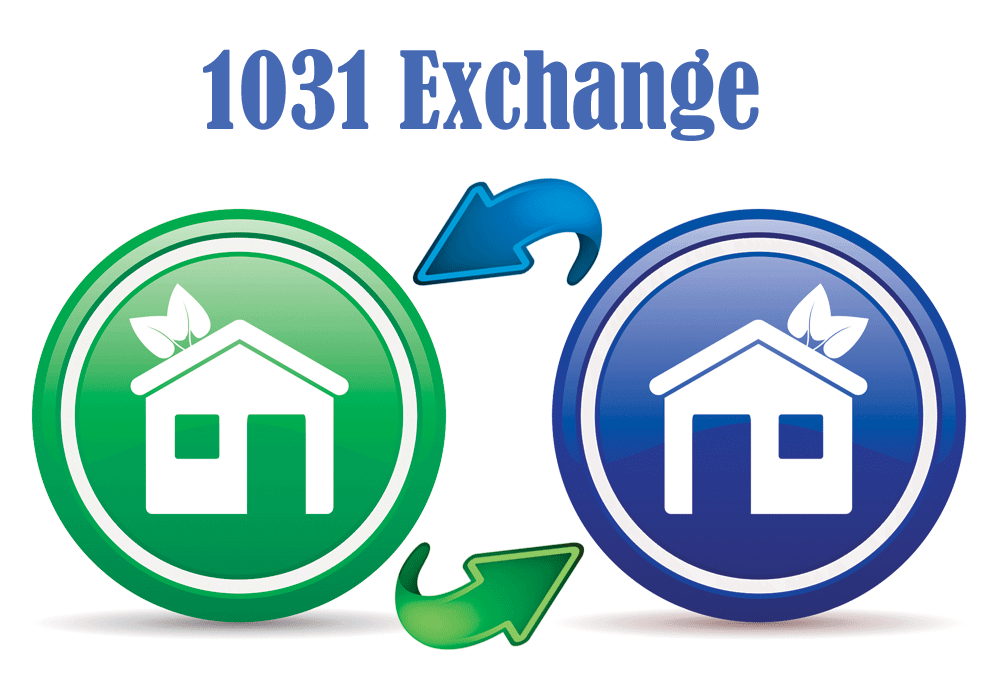What is a 1031 Exchange?
If you’re considering real estate as a possible investment strategy to build wealth, you’ve certainly thought about the taxes you need to pay after each real estate transaction.
If you’ve already sold one or two homes in New York, you’ll know that New York real estate transactions can be complex, and costly too.
A 1031 exchange gives you the possibility to defer paying those taxes, allowing you to make the most of your profit by investing it back into real estate.
How Does a 1031 Exchange Work?
According to the IRS:
Whenever you sell a business or investment property and you have a gain, you generally must pay tax on the gain at the time of sale. IRC Section 1031 provides an exception and allows you to postpone paying tax on the gain if you reinvest the proceeds in similar property as part of a qualifying like-kind exchange. View complete IRS fact sheet.
It is important to note that the focus is on “like-kind” properties. This limits the type of real property that a 1031 exchange applies to when reinvesting your profits.
The property you reinvest in must be a property of a similar nature or character to the one you have sold.
Working with a New York real estate attorney will help you ensure that the property you plan to reinvest in qualifies for a 1031 transfer.
A 1031 exchange is not automatic, and still must be reported to the IRS in the same year that the sales/reinvestment was made. To do so, you must submit an 8824 form detailing the exchange. This should be filed along with your yearly tax return, the same year it occurs.

Annie Justice
Senior Editor
Piccinnini Law
(516) 500-2110

